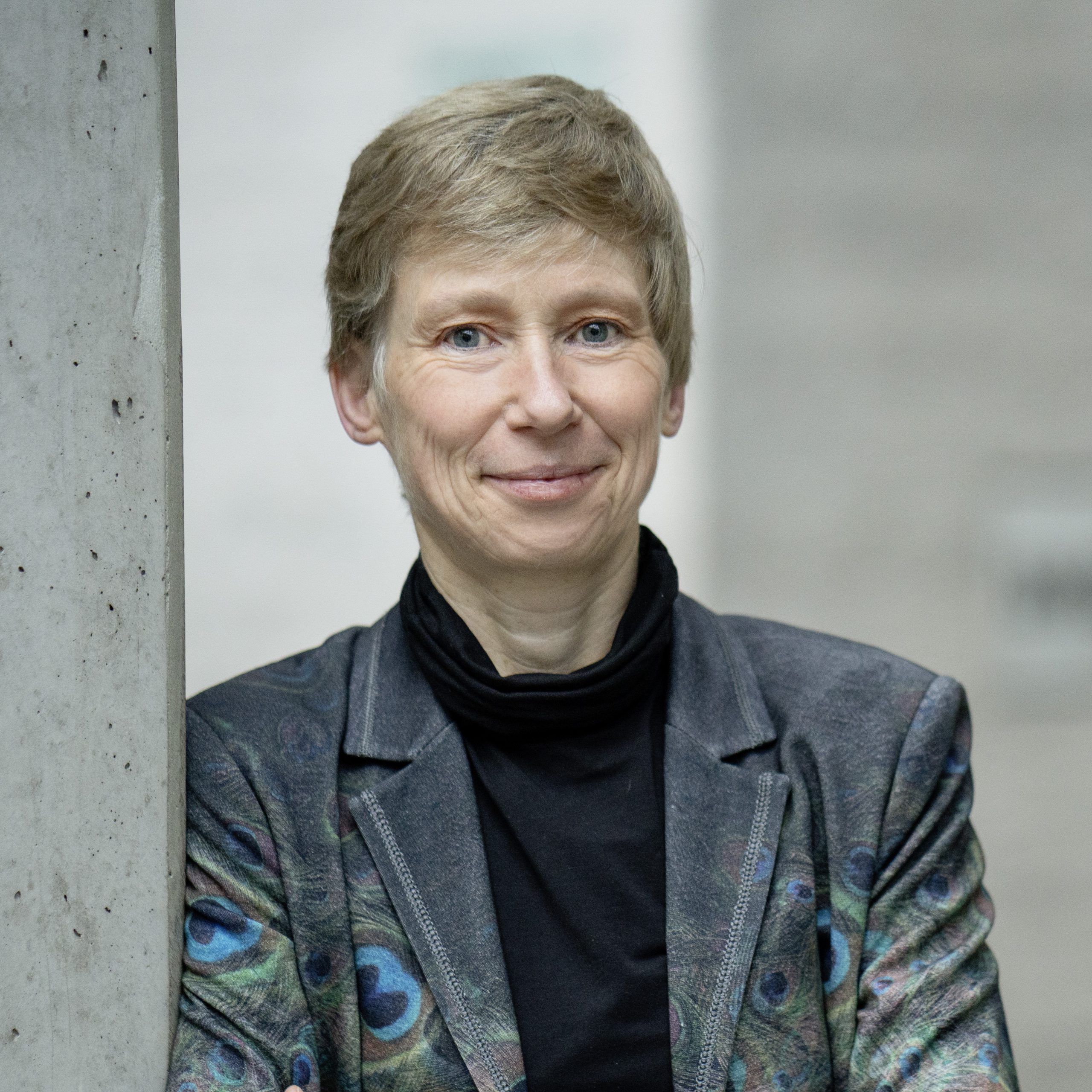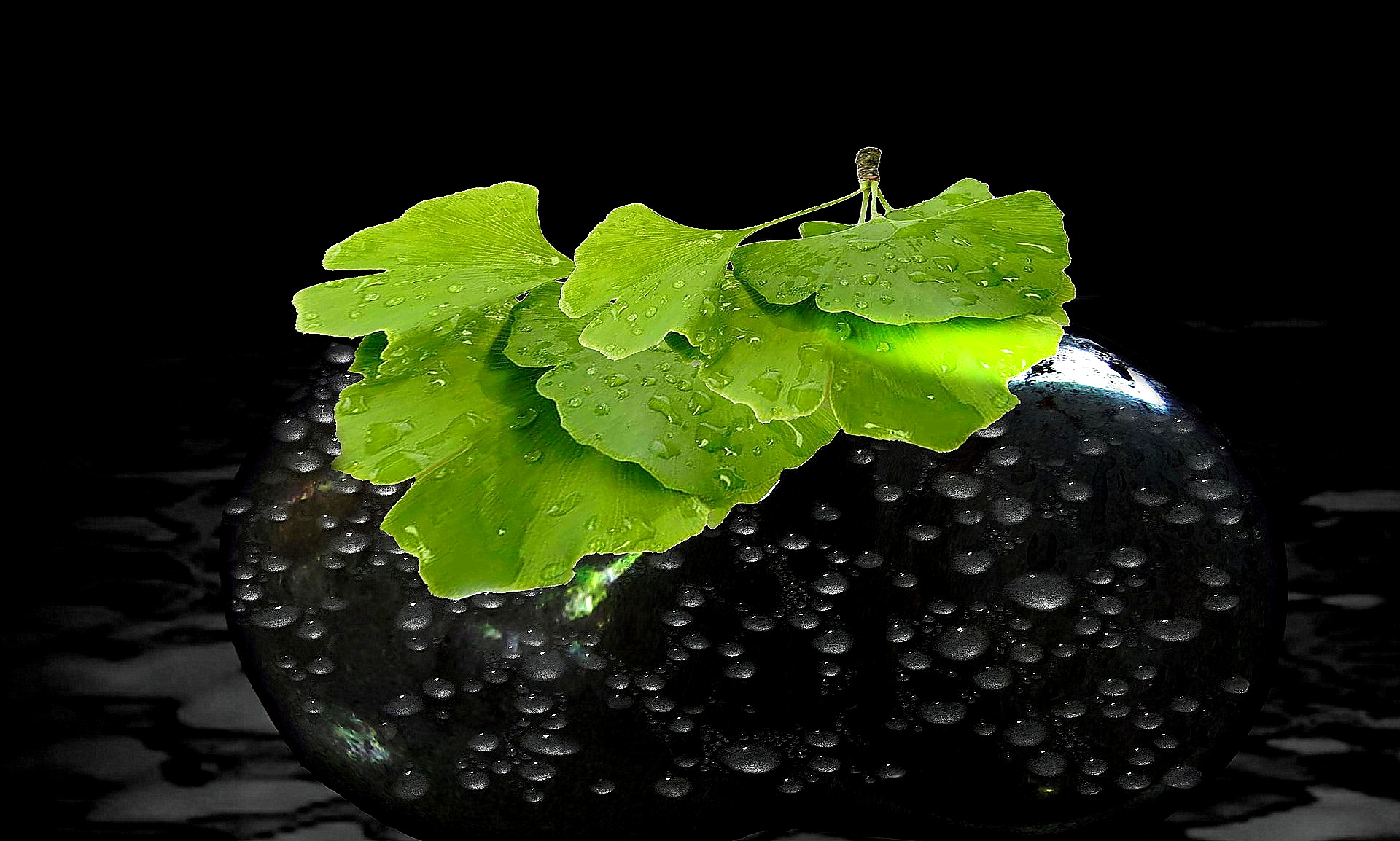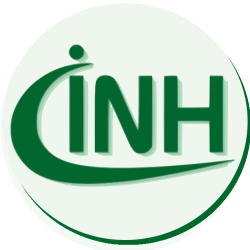
I support the INH and its spokesperson team as a scientific advisor.
I am an oncologist and palliative physician and have been working for over 30 years with and for patients who have a serious illness.
Since 2017 I have held an endowed professorship for Integrative Oncology of the German Cancer Aid Foundation at the University Hospital Jena. In addition to research on the various methods of complementary and alternative medicine, I and my colleagues are very intensively involved in the needs of patients.
To accompany patients and their relatives in a good way is my most important concern. But what does “good” mean in this context?
First of all, good is good medicine – in other words, therapies that are as effective as possible with as few side effects as possible. The goal is lifetime and quality of life.
But good also means “well informed”. Patients have a right to comprehensive information about their disease and the various options for diagnosis and therapy, which can be understood by laypersons. Unfortunately, this does not yet work as well as it should in our health care system, especially when patients themselves are to actively participate in making decisions about complex therapies and life-threatening disease.
Many of our patients with cancer and their relatives but also patients with other diseases ask themselves if naturopathy can help them and therefore come to me for counselling. This often involves the question of whether naturopathy alone would be able to help them – without “the chemistry”. While minor illnesses such as a cold can be alleviated very well with naturopathy and disappear on their own, this does not apply to cancer. To tell this the patient honestly is not always easy. But naturopathy can help patients tolerate cancer therapy better – and thus it can also contribute to a better therapy outcome.
I am often asked by patients about homeopathy. Most people are not even aware that homeopathy has nothing to do with naturopathy at all. Naturopathy means to help with natural remedies – e.g. with effective medicinal plants, heat or cold applications etc.. However, homeopathic remedies are not only made from natural substances but very different things. Moreover, the higher “potentiated” – i.e. diluted – homeopathic remedies do not contain anything at all – i.e. also no nature.
Some doctors think that the patient should be allowed to take sugar pills without active substances – belief helps and cannot harm. Is that so? – I think not. Again and again, I have particularly tragic cases in the consultation hours, in which patients with a still curable cancer first used homeopathic globules – and realized too late that the cancer is growing and cannot be cured anymore. Much more often, however, my experience is that patients namely rely on conventional medicine for their cancer remedies, but at the same time try to use globules to alleviate the discomfort caused by the tumour disease or the side effects of tumour therapy, what leads them to avoid effective painkillers or medication against nausea.
To prevent this, we need informed and responsible patients, honest, committed doctors, better training of our medical students, doctors and nurses, on what serious naturopathy is and can achieve, critical media and a courageous policy that demands the same scientific proof of effectiveness for all that which wants to be recognised as “medicines”.
In addition to my work at the University Hospital Jena, I am head of the working group Prevention and Integrative Oncology in the German Cancer Society. A few years ago I established an own foundation (Foundation Perspectives for People with Cancer), which supports various projects for patients and operates a knowledge portal on complementary and alternative medicine.


10 Replies to “Prof. Dr. Jutta Hübner”
Comments are closed.